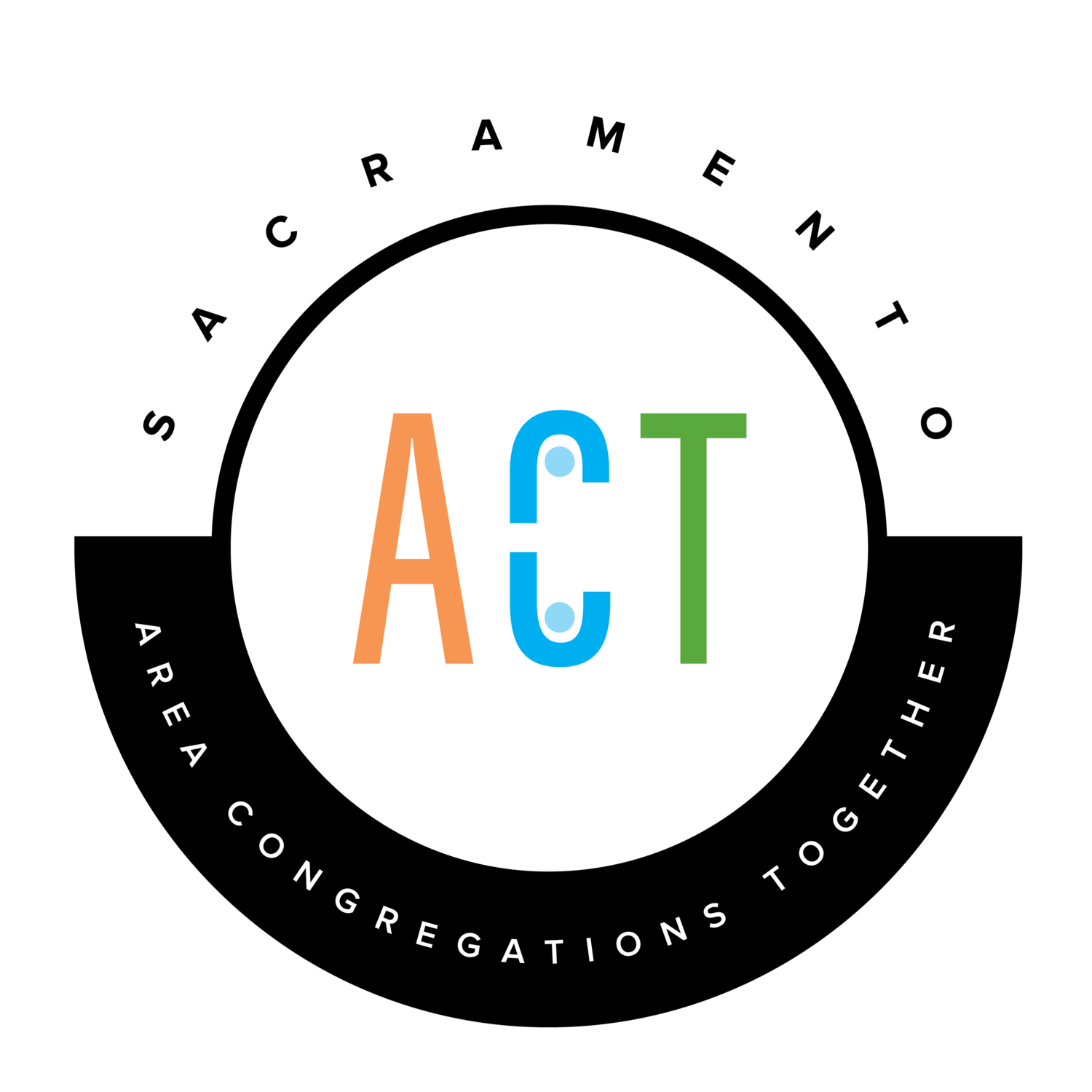BY CYNTHIA HUBERT chubert@sacbee.com
Hundreds of people filled the pews at a Sacramento church Wednesday night in a “call to action” for elected leaders to work together to solve Sacramento County’s growing homeless crisis.
“This is a critical moment, we believe,” said Alan Jones, pastor at St. Mark’s United Methodist Church, which hosted the gathering. “We believe we can do much better than we have thus far,” he said, in “helping our sisters and brothers who are being dehumanized” by living on the streets and in temporary shelters.
The event, organized by Sacramento Area Congregations Together, attracted more than 300 people, including Mayor Darrell Steinberg, who has made reducing homelessness a priority, and several other city and county political leaders.
Sacramento ACT, which includes members of 56 congregations, schools and neighborhood groups, called for more collaboration between the city, the county and the nonprofit homeless services agency Sacramento Steps Forward on the issue. The faith group asked for a comprehensive plan that would document funding sources, programs and specific timelines for ending homelessness in Sacramento County by 2022.
“There are people living tonight, on the streets, barely clothed, and hungry,” said Dean Brian Baker of Trinity Episcopal Cathedral. “We are here tonight because we have the wherewithal to do something about it. We have the resources. It just takes the will.”
A recent census found that more than 3,600 people are homeless on any given night in Sacramento County, a 30 percent increase since 2015. Speakers at the Wednesday event cited a lack of affordable housing and a failure of key agencies to work together to coordinate services as key reasons for the increase.
Steinberg has vowed to move 2,000 people from the streets of Sacramento during the next three years, and has pushed for a plan to steer more affordable housing vouchers toward homeless people.
The city has an important new source of funding: $32 million in federal funds over nearly four years to keep homeless people out of emergency rooms, making it the only city in California to participate in a pilot program meant to reach the state’s poorest and sickest people before they need critical care.
That program will help, but it must be paired with efforts to provide more mental health services and addiction treatment to homeless people, perhaps in collaboration with the county, Steinberg said.
Family Promise, a nonprofit group that offers shelter and other services to homeless families, has seen a sharp spike in people needing housing during the past two years, director Marsha Spell said at the meeting. The agency has had success in placing families in temporary, “transitional” housing, Spell said. “But they go to transitional housing for a year, and then there’s nowhere for them to go.
“We need to stop moving these people from shelter to shelter to shelter,” she said. “They deserve their own home.”
Cynthia Hubert: 916-321-1082, @Cynthia_Hubert
